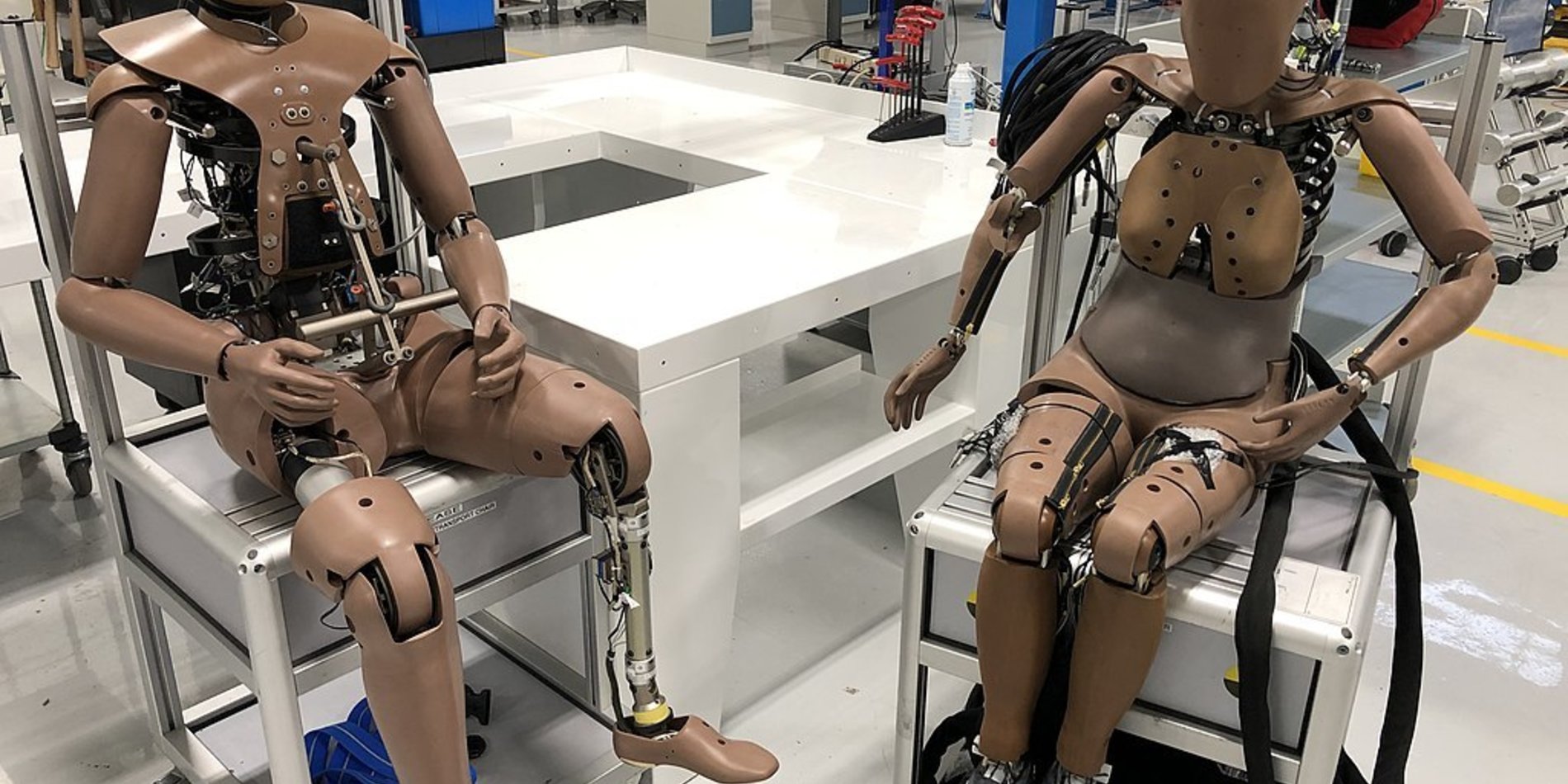This course is expected to experience high student demand. Sophomores and new transfers who decide to rank a high-demand WRITE 2 course when making their three selections for priority enrollment are advised to select non-high-demand IntroSems being offered the same quarter for their second and third choices.
Course Description
Gendered Innovations harness the creative power of sex, gender, and intersectional analysis for innovation and discovery. We focus on sex and gender, and consider factors intersecting with sex and gender, including age, race/ethnicity, socioeconomic status, educational background, disabilities, etc. We start with the history of gender in science in the scientific revolution to understand how to transform research institutions so that women, men, and non-binary individuals can flourish. The majority of the course is devoted to considering gendered innovations in AI, social robotics, health & medicine, design of cars and cockpits, menstrual products, marine science, and more.
Each student will develop a case study related to their interests illustrating how sex, gender, and/or intersectional analysis can lead to innovation and enhance social equity. Our weekly format includes critical reading of cutting-edge work in the field. Students should come ready to discuss and enjoy an open exchange of ideas. Key questions for the class will include—
- How can we develop public health measures, products, services, and infrastructures work well for people across all of society?
- How can we create science and technology that nurture a just, equitable, and verdant society?
This course will emphasize writing skills as well as oral and multimedia presentation; it fulfills the second level Writing and Rhetoric Requirement (WRITE 2), WAY-EDP, and WAY-SI.
Meet the Instructor: Londa Schiebinger

"I hope you will be as excited by Gendered Innovations as I am. I have had excellent students over the years. Two won writing prizes; two have done start-ups; many stay in touch. I lecture on Gendered Innovations all around the world—today I was in Pamplona, Spain, next week in Paris and Seoul, next month in Buenos Aires and Pretoria—mostly virtually which saves time and dramatically reduces carbon. I often work as an expert for the European Commission (the major funding agency in Europe), consult for the Japan Science Council, and hold design workshops for Vinnova, the Swedish Innovation Agency. I also work with peer-reviewed journals and universities to develop infrastructures that promote equity and innovation. I love research and putting ideas into action. Some of my books include: The Mind Has No Sex?; Nature's Body; Has Feminism Changed Science?; Plants and Empire: Colonial Bioprospecting in the Atlantic World. For more information, visit: stanford.edu/dept/HPS/schiebinger.html"



